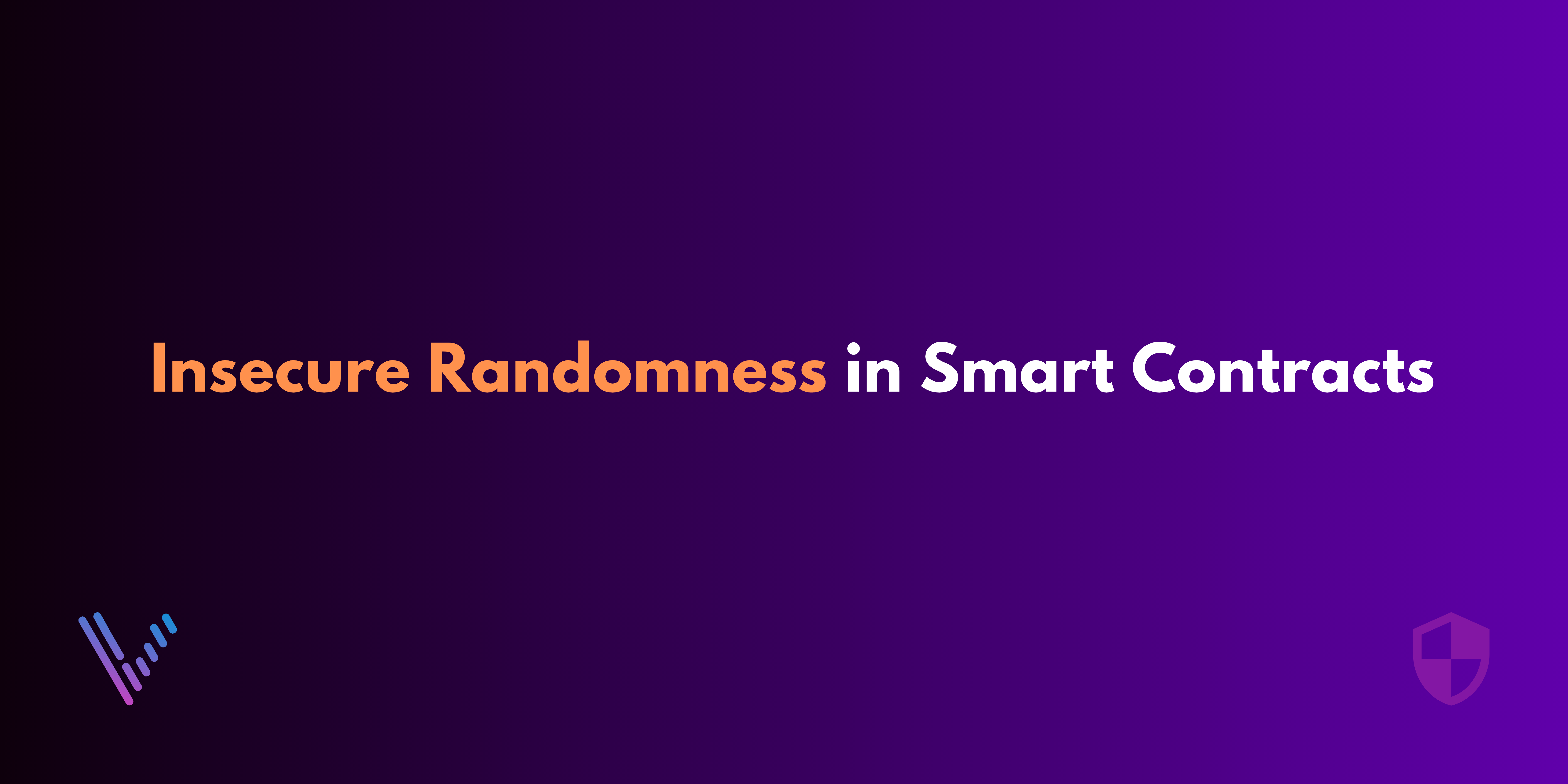🛡️In an increasingly digitized world, the omnipresence of blockchain technology is revolutionizing the storage and management of sensitive data and valuable assets. Central to this technological advancement are smart contracts – ingenious self-executing agreements whose terms are etched directly into lines of code. Within this realm, a pivotal facet arises: the resounding significance of smart contract security
🧐At the very heart of this security landscape lies the pivotal role of random numbers. These enigmatic strings of digits power the decision-making prowess of smart contracts, determining outcomes like lottery victors or the order of play in games. Yet, the veracity of smart contract security hinges profoundly on the integrity of these random numbers. An essential clarion call emerges: the cruciality of robust randomness within smart contract architecture.
💥Beneath the surface, a precarious precipice looms – the peril of insecure randomness. When smart contracts tether their fate to a wellspring of randomness that is either predictably patterned or manipulable, a vulnerability of seismic proportions emerges.
❗️Picture this: a smart contract relying on deterministic variables, such as the blockchain’s block hash or a timestamp, to yield random numbers. Unfortunately, these variables are not cloaked in secrecy; they are unveiled for all to see within the blockchain’s public domain.
🔒A malicious actor with adept predictability could exploit these exposed variables, destabilizing the very bedrock upon which the smart contract stands. A cascade of consequences ensues, undermining the security and reliability that blockchain and smart contracts promise to uphold.


Leave a Reply